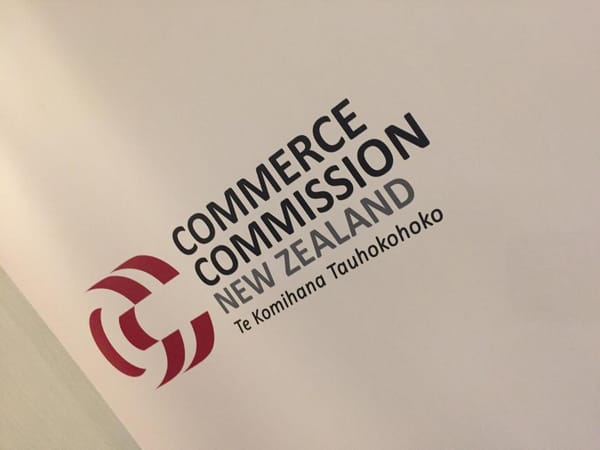How Auckland Airport Became New Zealand's Billion-Dollar Drug Trafficking Hub
When financial desperation meets criminal opportunity, even the most trusted gatekeepers can become the most dangerous enablers

When financial desperation meets criminal opportunity, even the most trusted gatekeepers can become the most dangerous enablers
The cash arrived in supermarket bags, sometimes sticky with methamphetamine residue. The couriers were respectable-looking baggage handlers with security clearances and unblemished employment records. The operation moved over 405 kilograms of drugs worth more than $100 million through Auckland Airport in 2025 alone, yet this represents only the drugs authorities managed to intercept.
Behind New Zealand's busiest international gateway lies a sobering reality: organised criminal networks have systematically corrupted trusted airport personnel, transforming baggage handlers into high-paid drug couriers and turning Auckland Airport into one of the Southern Hemisphere's most significant drug trafficking hubs.
For AML professionals, this story reveals how financial pressure, gang recruitment, and regulatory gaps can corrupt the very institutions designed to protect our borders—and why your vigilance in detecting unusual financial patterns has never been more critical.
The Betrayal of Trust: When Airport Workers Become Criminal Assets
The most devastating aspect of Auckland Airport's drug trafficking crisis isn't the sophisticated technology or international criminal networks—it's the systematic corruption of ordinary New Zealanders whose financial desperation made them vulnerable to criminal exploitation.
Consider the case of Tungane Manuel, an Air New Zealand baggage handler who seemed the epitome of reliability. For years, he processed thousands of bags without incident, earning the trust of colleagues and supervisors. Yet between 2020 and 2021, Manuel systematically removed drug shipments from international flights before they reached customs, earning up to $30,000 per successful operation.

The recruitment process reveals disturbing psychological manipulation. Criminal organisations don't approach airport workers with threats—they offer solutions to financial problems. COVID-19 lockdowns created particular vulnerability, with reduced hours and economic uncertainty making substantial cash payments irresistible to struggling employees.
The "rip on, rip off" methodology demonstrates criminal sophistication. Handlers receive encrypted photographs of target luggage via secure messaging apps, then use their legitimate access to remove bags from cargo holds before customs screening. The simplicity is chilling—trusted employees literally walking drugs past security checkpoints.



